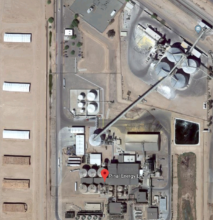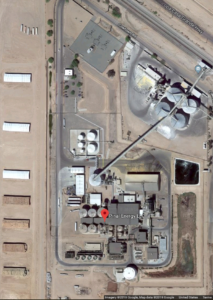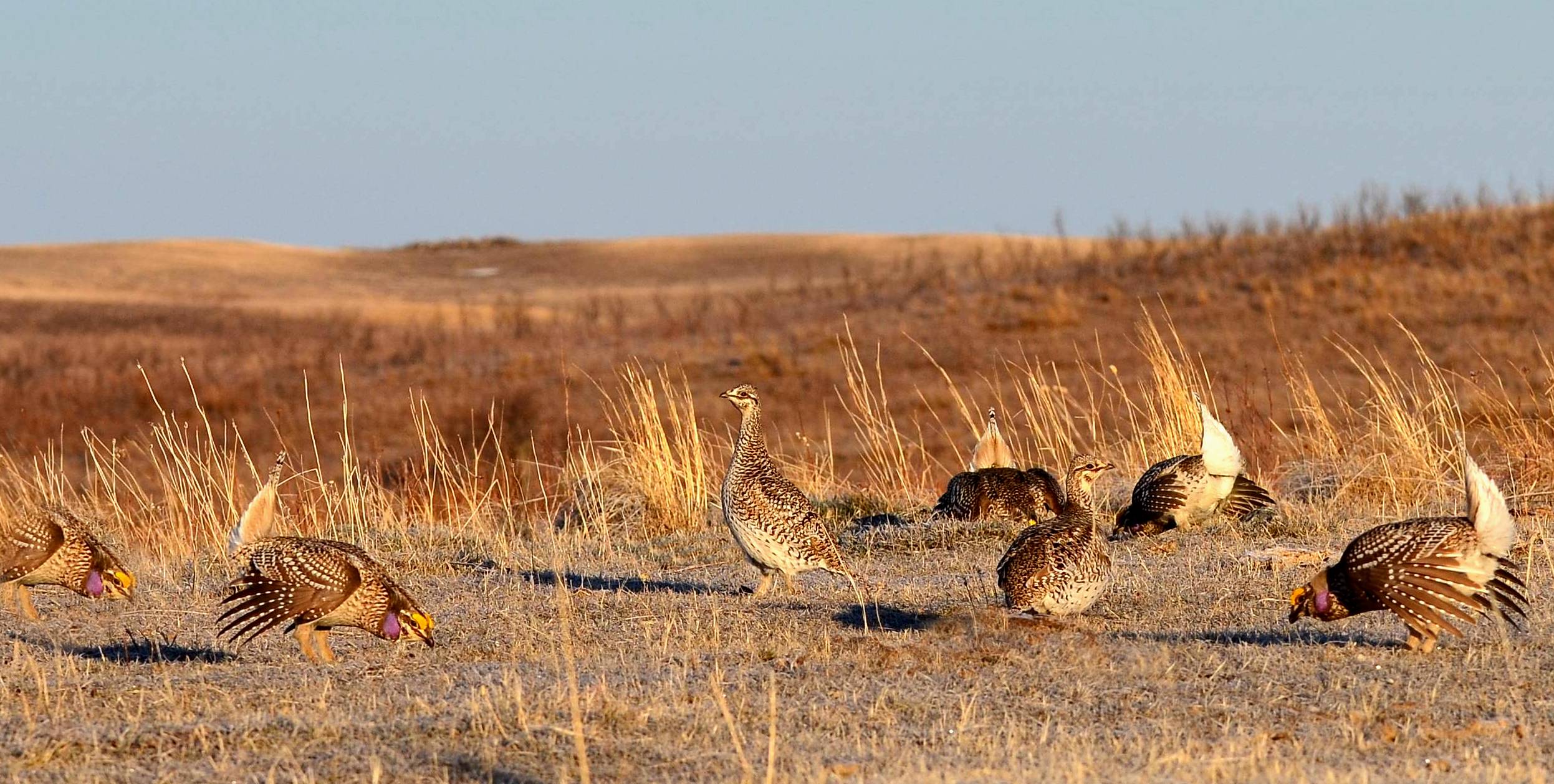New Research: Ethanol Mandate Contributing to Climate Change

Massive conversion of habitat to cropland has led to release of climate-disrupting pollution equivalent to 20 million additional cars on the road per year
FORT WORTH, TEXAS – Amid record-setting wild fires out West, recent climate assessment sounding the alarm about threats from rising global temperatures, and data showing 2017 will be one of the hottest years on record, new research from the University of Wisconsin finds that the federal corn ethanol mandate is contributing to climate change.
According to the research, which is being presented today at the America’s Grasslands Conference in Fort Worth, Texas, in the years following enactment of the current ethanol mandate in 2007, more than 7 million acres of habitat were plowed under to plant corn and soy, leading to the release of climate pollution equivalent to the annual emissions of 20 million new cars on the road. Research available at: www.gibbs-lab.com/wp-content/uploads/2017/11/spawn_Summary.pdf
“This cropland expansion driven in part by the ethanol mandate has far-reaching impacts on the climate through its effects on the land and the carbon that it stores,” said Seth Spawn, lead author of the work in the Department of Geography at the University of Wisconsin. “These impacts are significant and should be taken seriously.”
The study is the first comprehensive look at climate pollution from the cropland expansion following the enactment of the ethanol mandate—formally known as the Renewable Fuel Standard. Researchers examined the location and carbon stored in habitat lost to cropland between 2008 and 2012 and found that 115 million metric tons of global carbon was released into the atmosphere, or nearly 29 million metric tons of carbon per year—equivalent to six coal-burning power plants.
“These findings should serve as a wake-up call that it’s time to act with purpose and urgency to fix the ethanol mandate and confront climate change to protect our health, environment, economy, and wildlife,” said Collin O’Mara, president and chief executive officer of the National Wildlife Federation. “Delay will make the problems worse and more costly to solve. We have solutions. It is time to enact them.”
The National Wildlife Federation is asking the U.S. Congress to reform the Renewable Fuel Standard by:
- Decreasing the reliance on corn ethanol and encourage more sustainable fuels;
- Restoring land and water habitats to address the damage that’s been done;
- Prohibiting the cultivation of noxious or invasive plants for use as biofuels; and,
- Enforcing existing laws to prevent the conversion of habitat into corn production.
To confront climate change and to drive down demand for fossil fuels, the National Wildlife Federation supports national policies that increase efficiency, improve fuel economy, and help bring more electric vehicles onto our streets that run on batteries charged by clean energy sources. Further, the National Wildlife Federation strongly opposes efforts by federal elected officials to weaken existing efforts to confront global warming and is urging the Trump Administration and U.S. Congress to keep in place the clean power plan.
According to the new research, greenhouse gas emission releases were highest in: South Dakota, Texas, North Dakota, Missouri, Minnesota, Iowa, Kansas, Nebraska, Wisconsin, and New York.
“While cropland expansion was most prevalent in Corn Belt and Great Plains states, we were surprised to find that the highest amounts of carbon emitted per acre of lost habitat took place in New England, states along the Eastern seaboard, and along the upper Great Lakes,” said study-co-author Tyler Lark, who co-leads the broader project with Prof. Holly Gibbs at the University of Wisconsin’s Nelson Institute for Environmental Studies. “Expansion in these states occurred on natural landscapes that store more carbon per acre than other regions.”
The Renewable Fuel Standard currently requires about 17 billion gallons of fuel derived from plants to be blended into gasoline. The overwhelming majority of that fuel is corn ethanol, and today 40 percent of the corn produced in the United States goes into our gas tanks.
The corn ethanol mandate has led to the loss of important wildlife habitat, particularly in regions critical for monarch butterflies, ducks and other ground-nesting birds, and many other species—threatening outdoor recreation opportunities as well as the economy. The mandate has also resulted in deteriorated water quality and harmful algal blooms in places like Lake Erie as a result of increased farm runoff.
Read the report here:
Preliminary Land Conversion Findings (2008-2012)
Originally Posted on NWF.org













Is the NWF concerned about the human and environmental heatlth damage done by aromatics in gasoline. Because if ethanol is removed from the market as some environmentalists groups want, that is what will replace ethanol in gasoline.
[…] the conference, researchers from the University of Wisconsin-Madison released new data regarding carbon emissions stemming from conversion of grassland and other habitats into crop […]